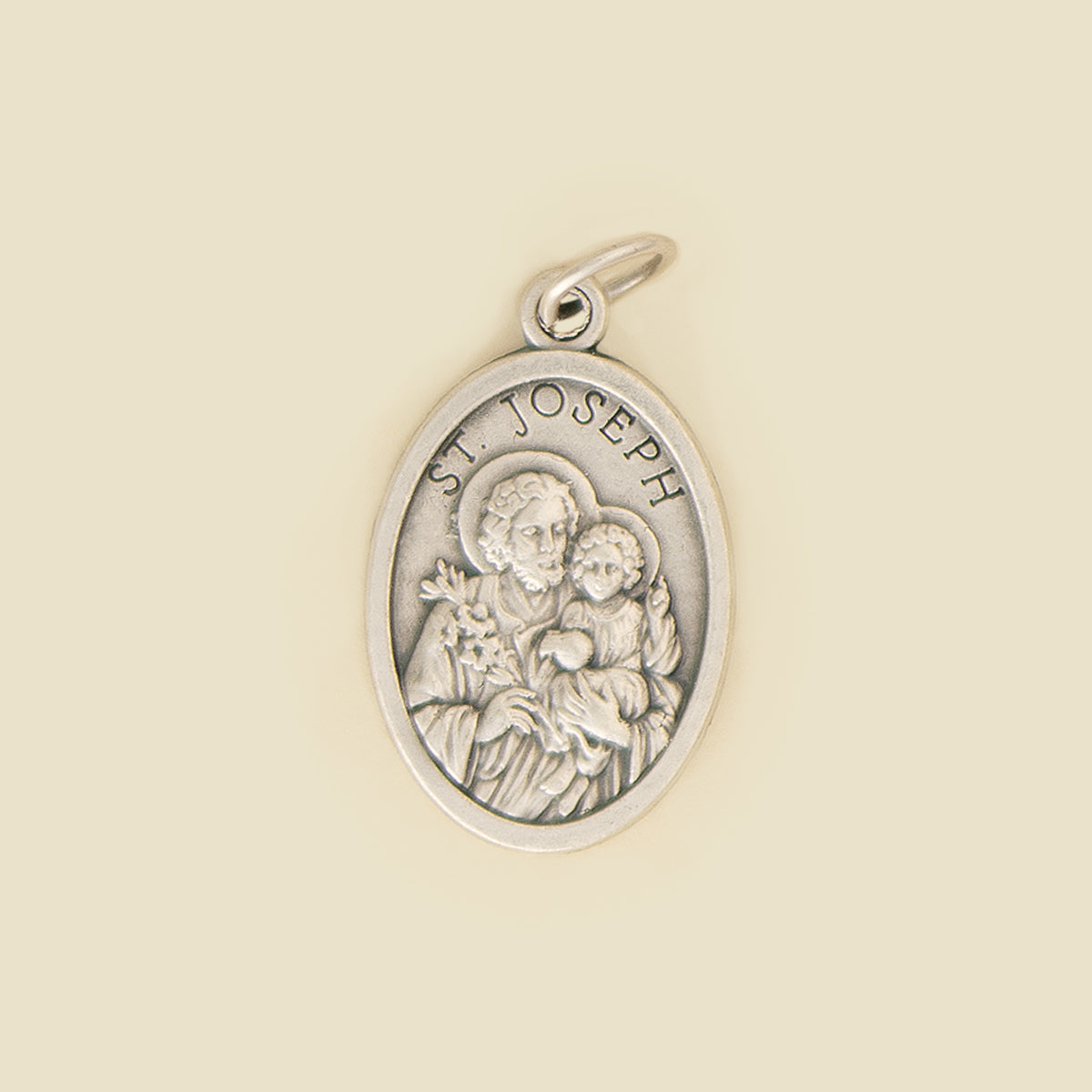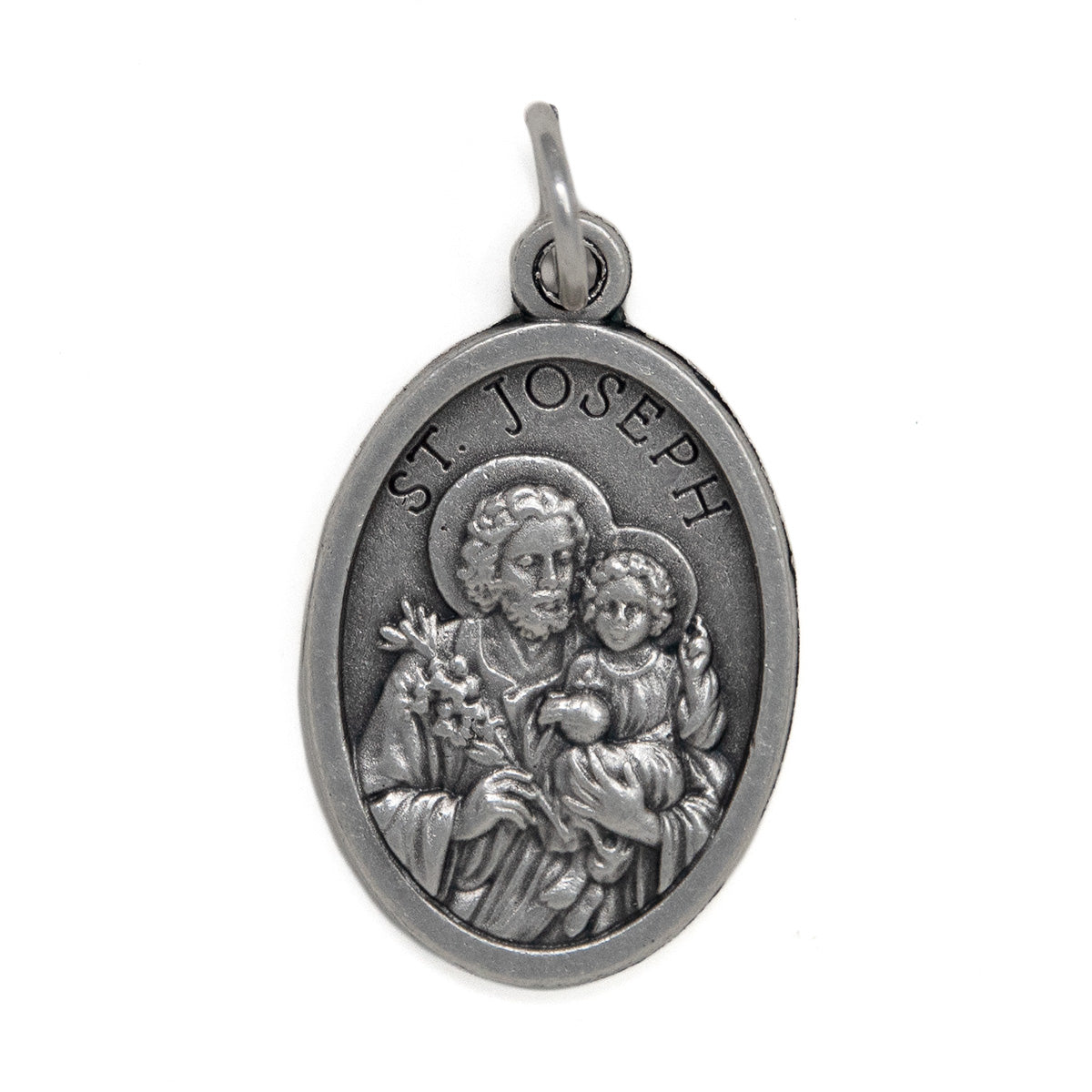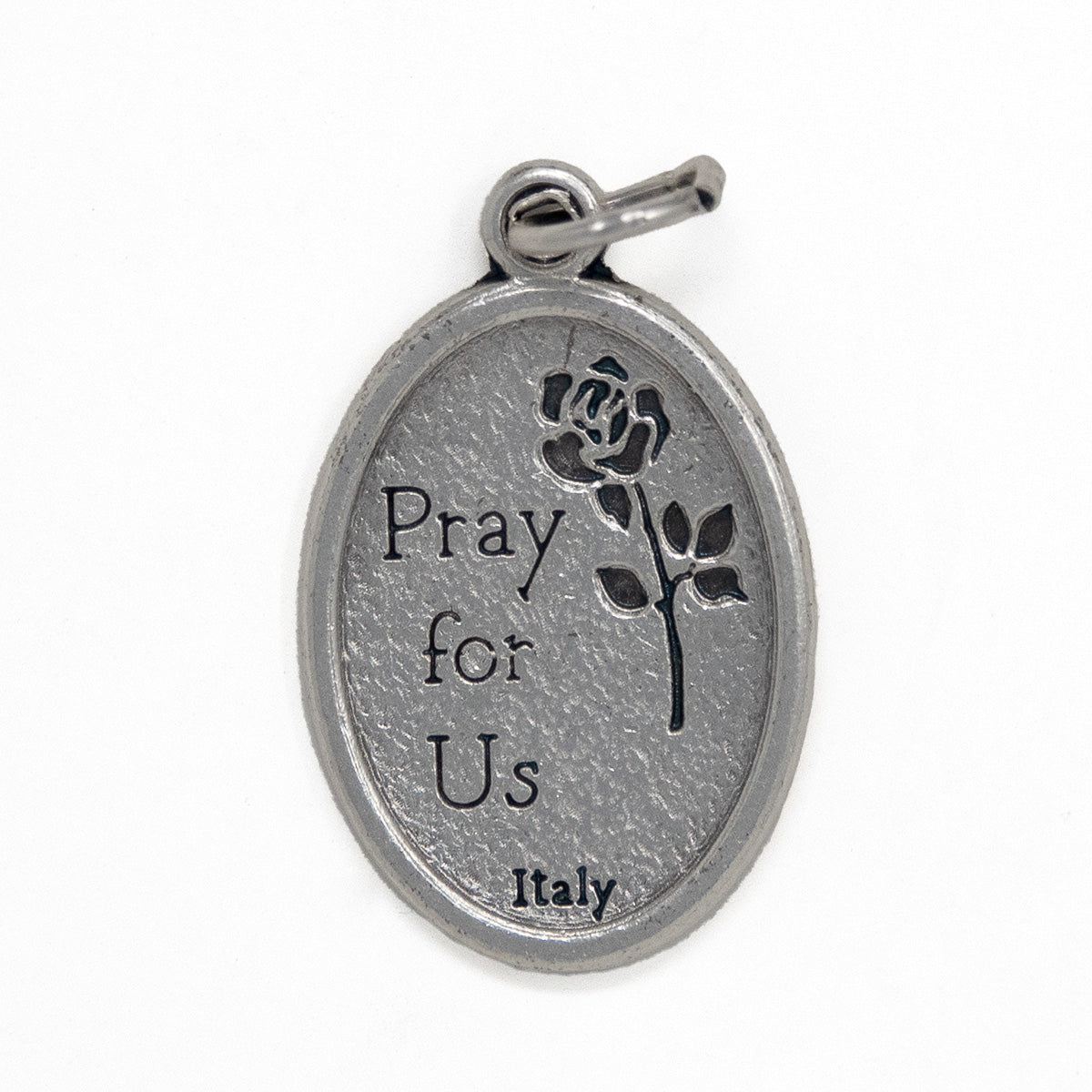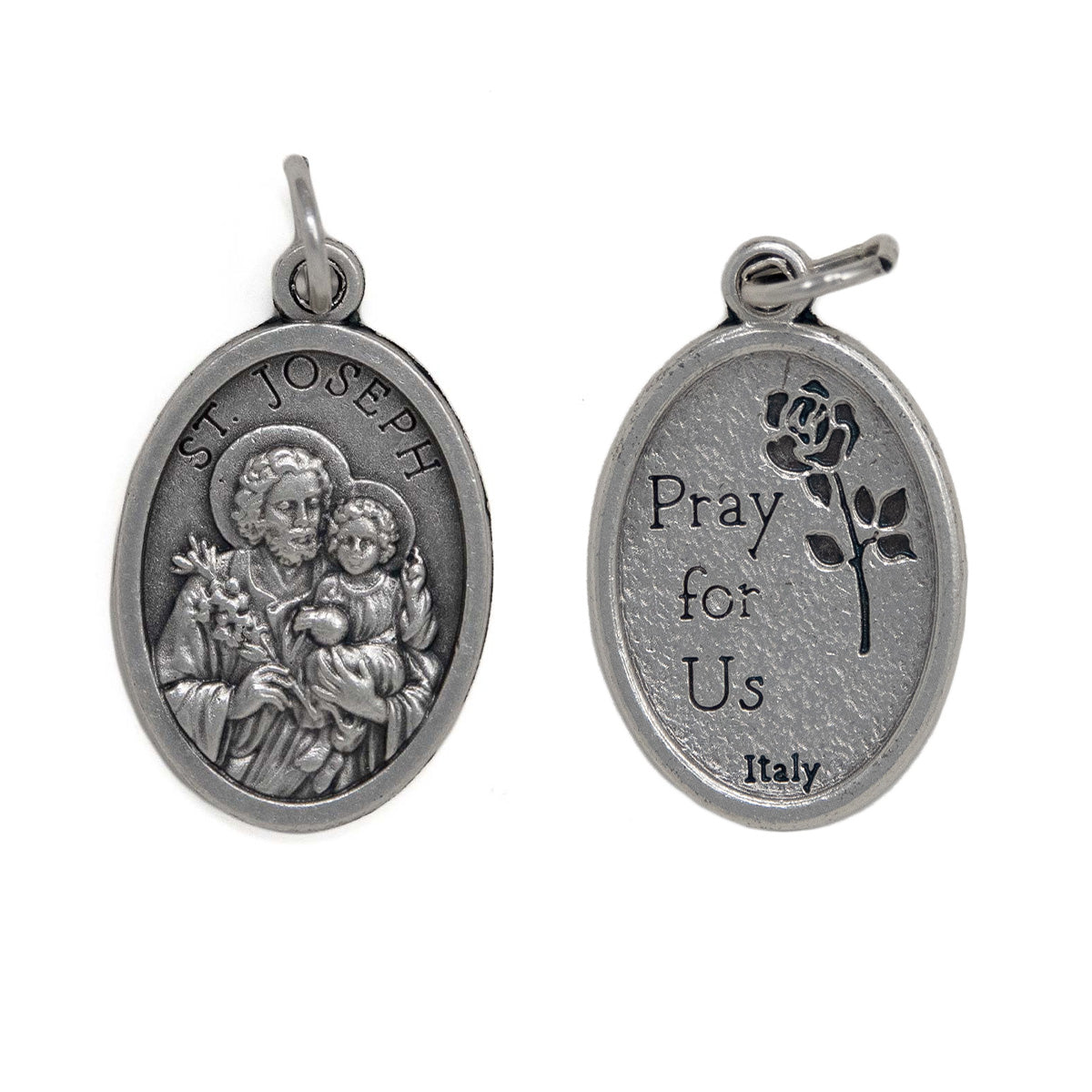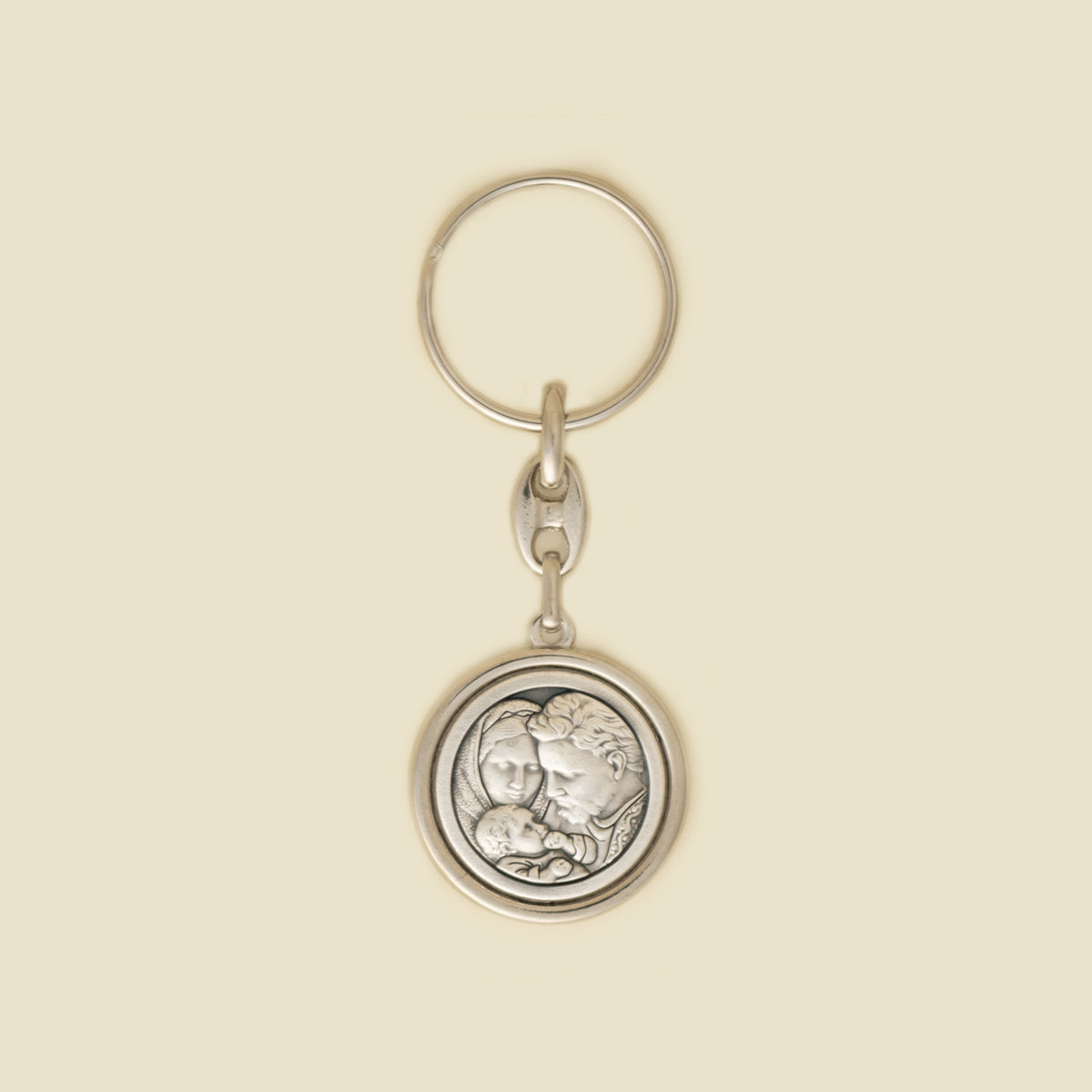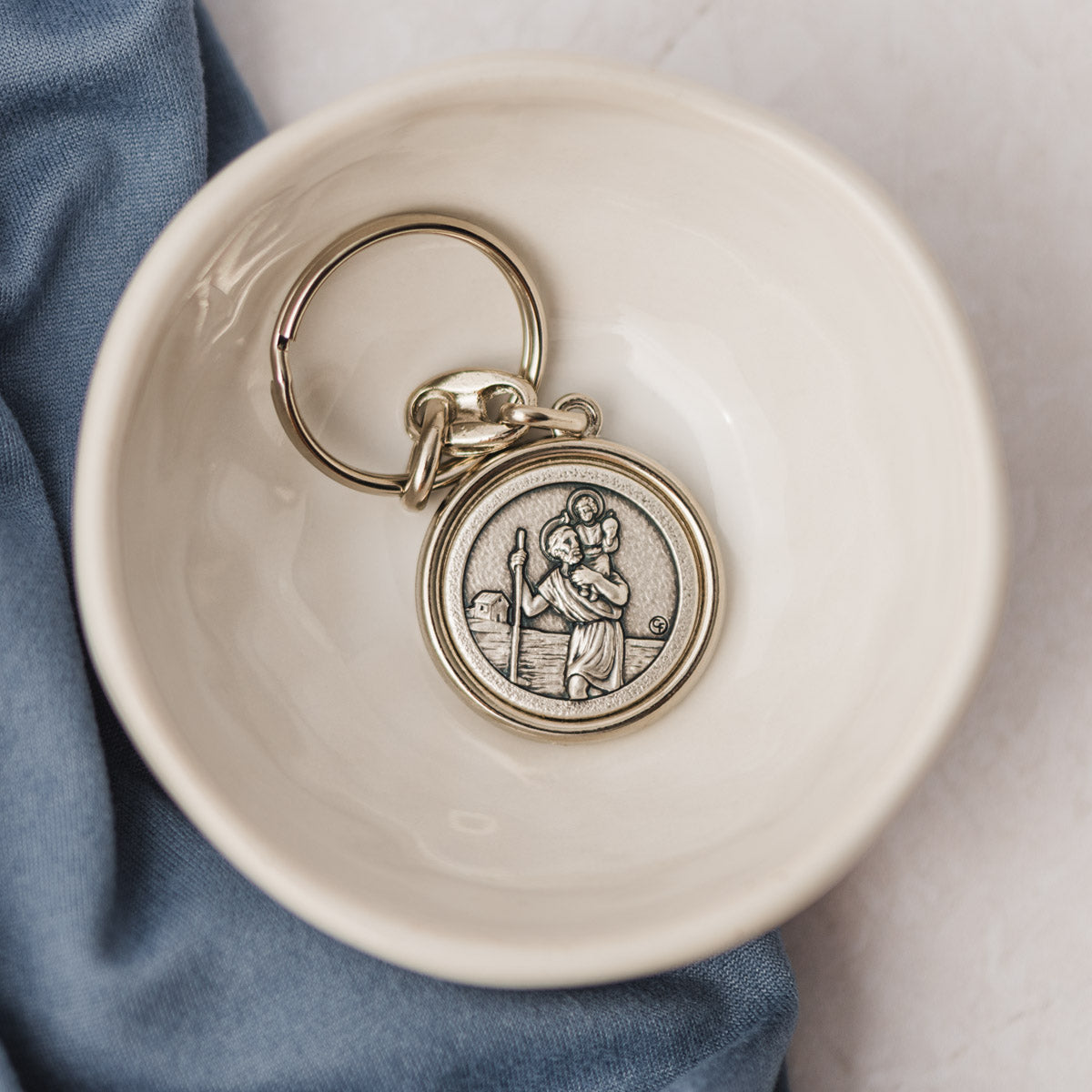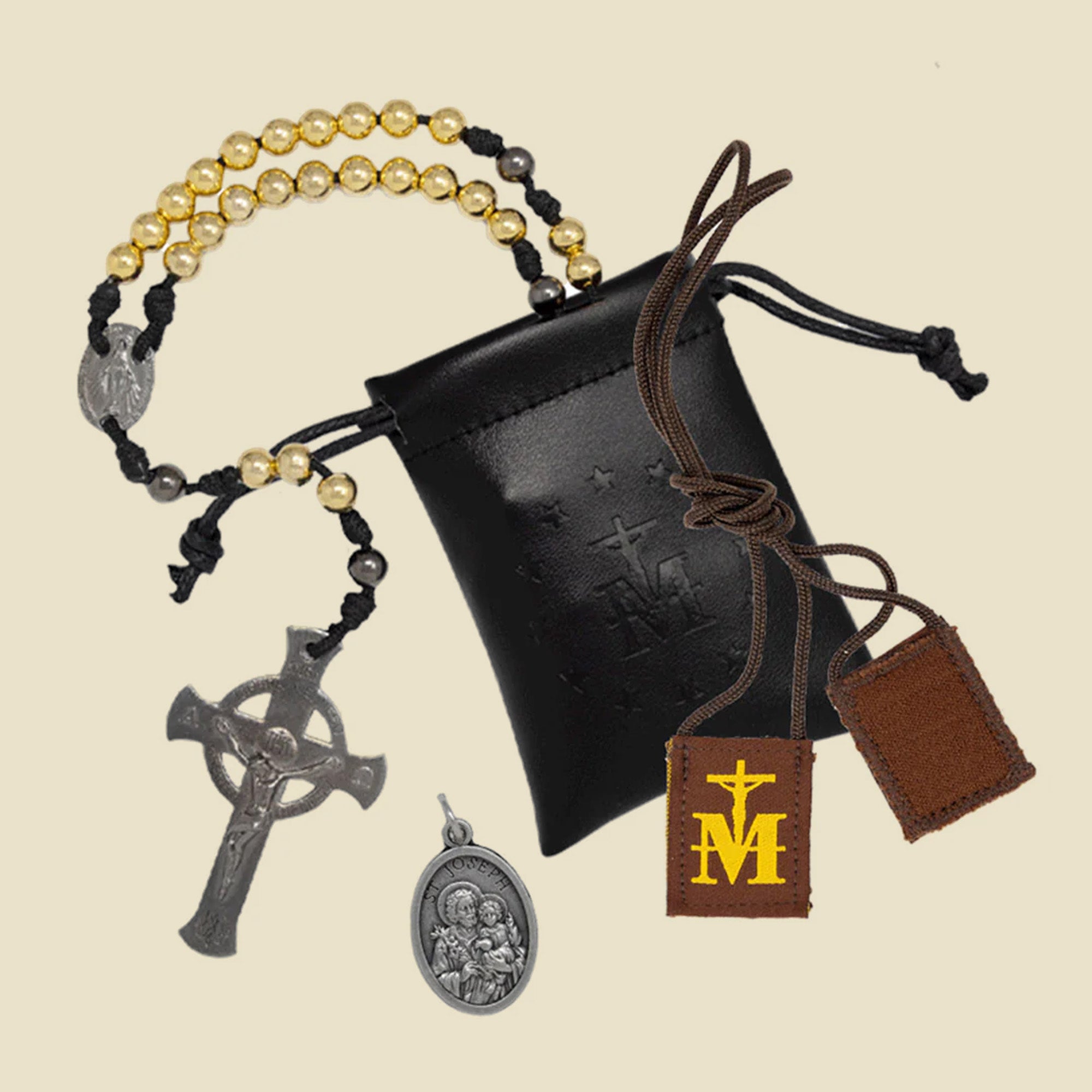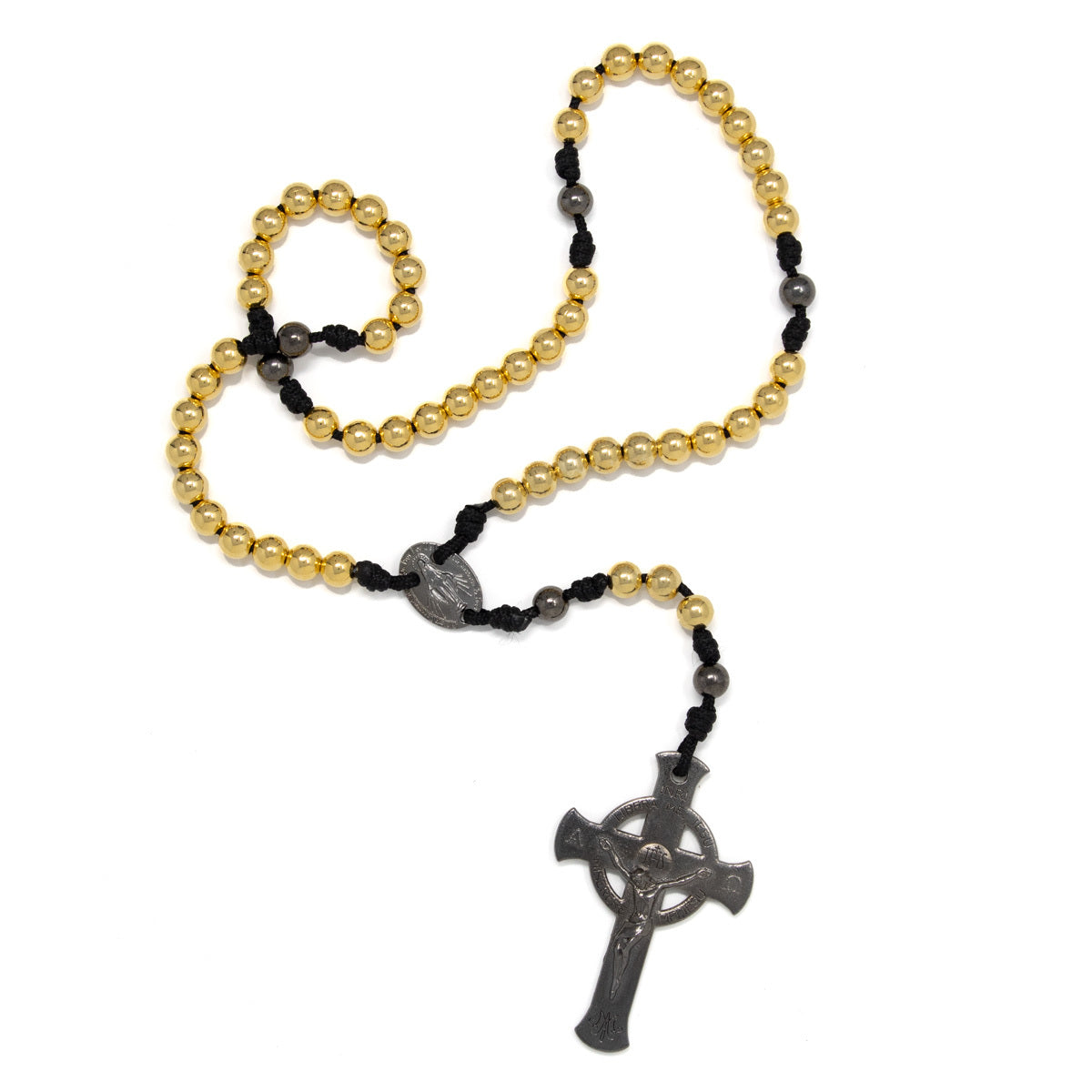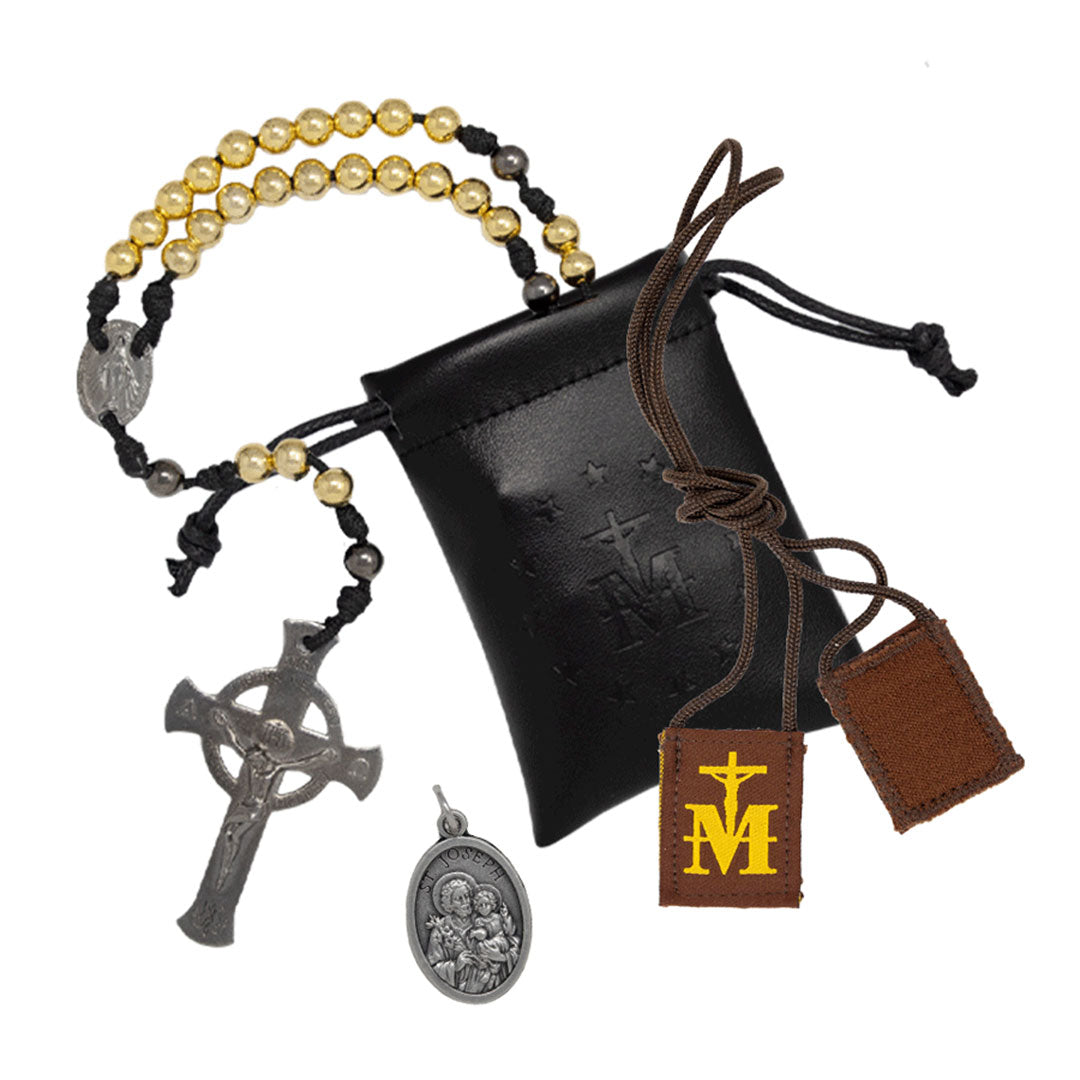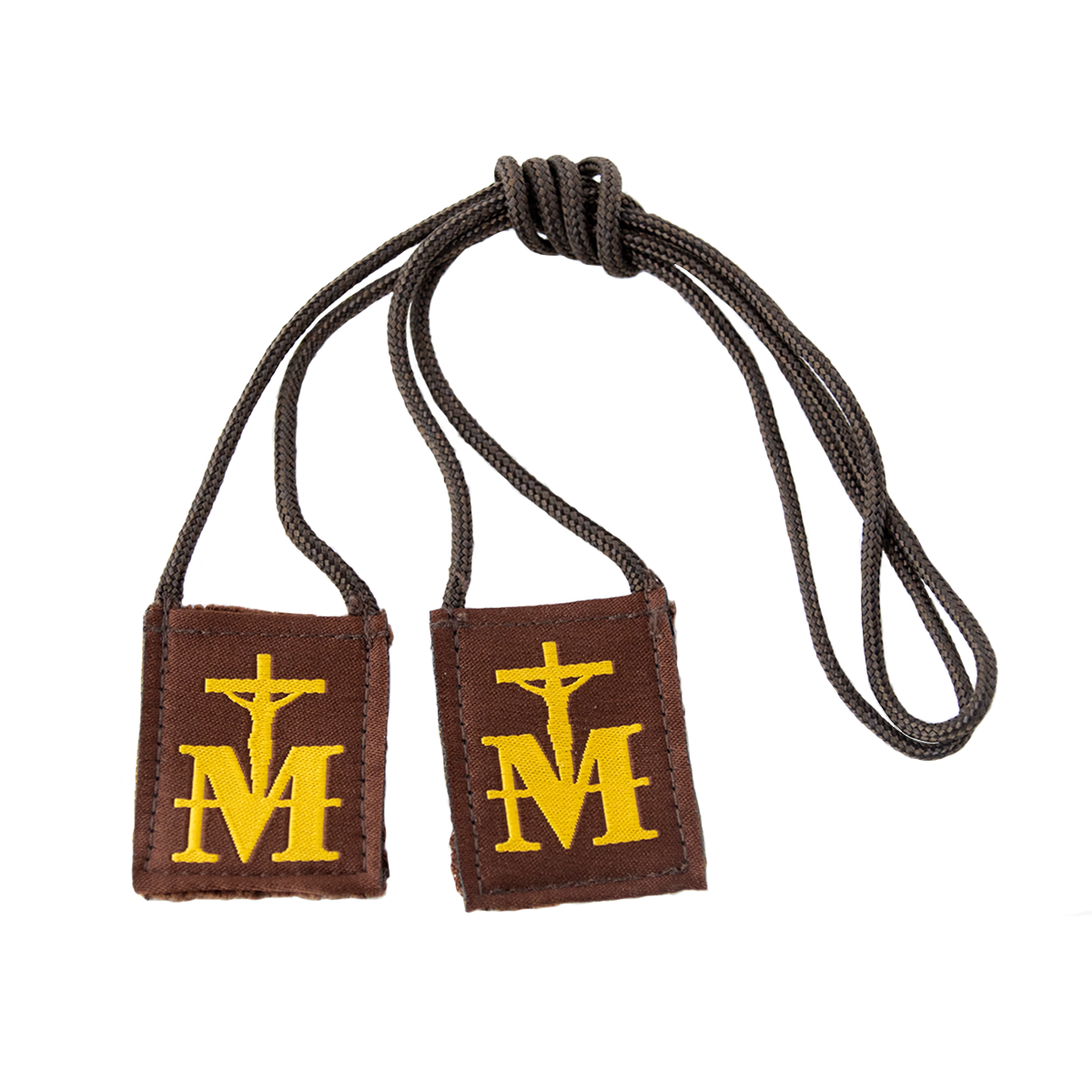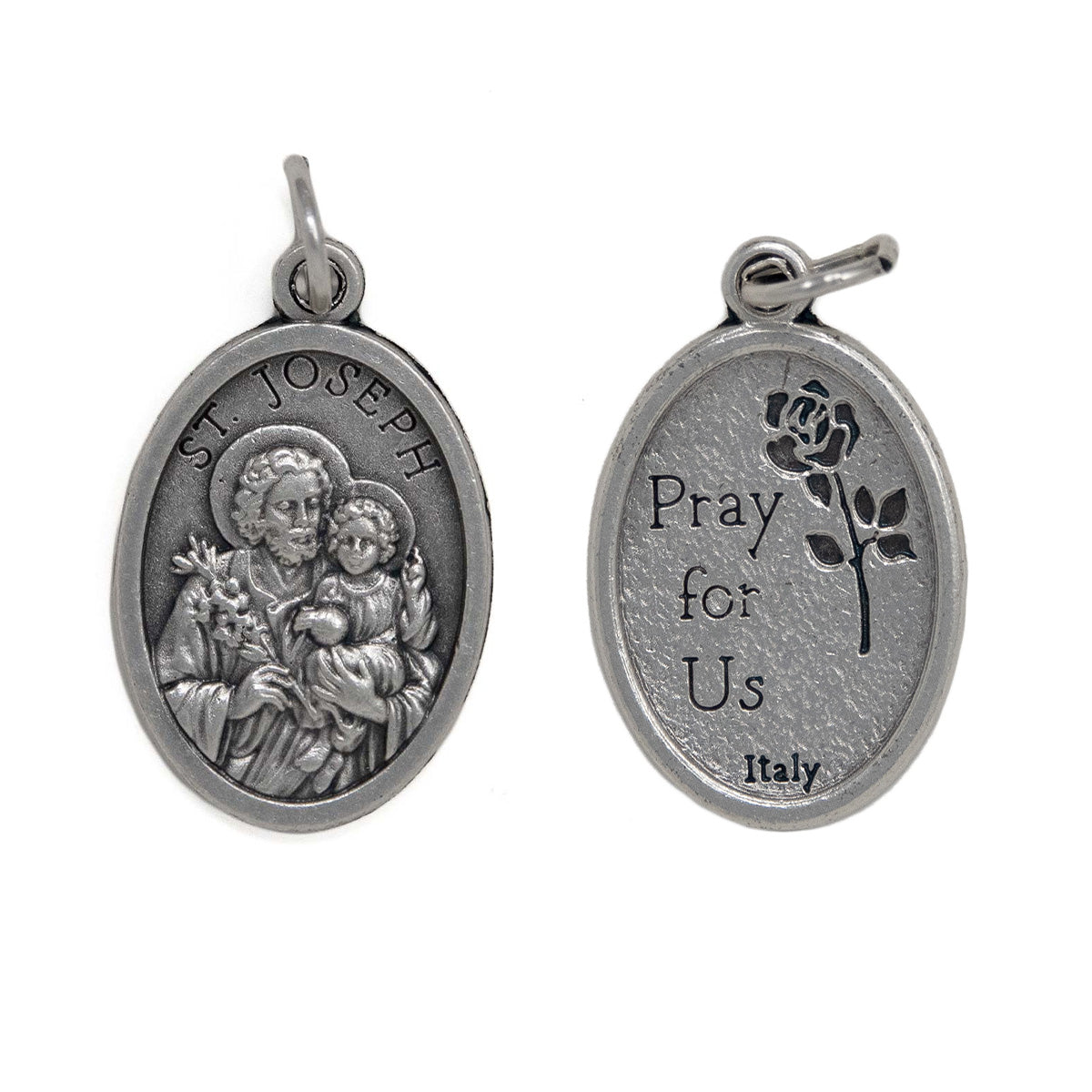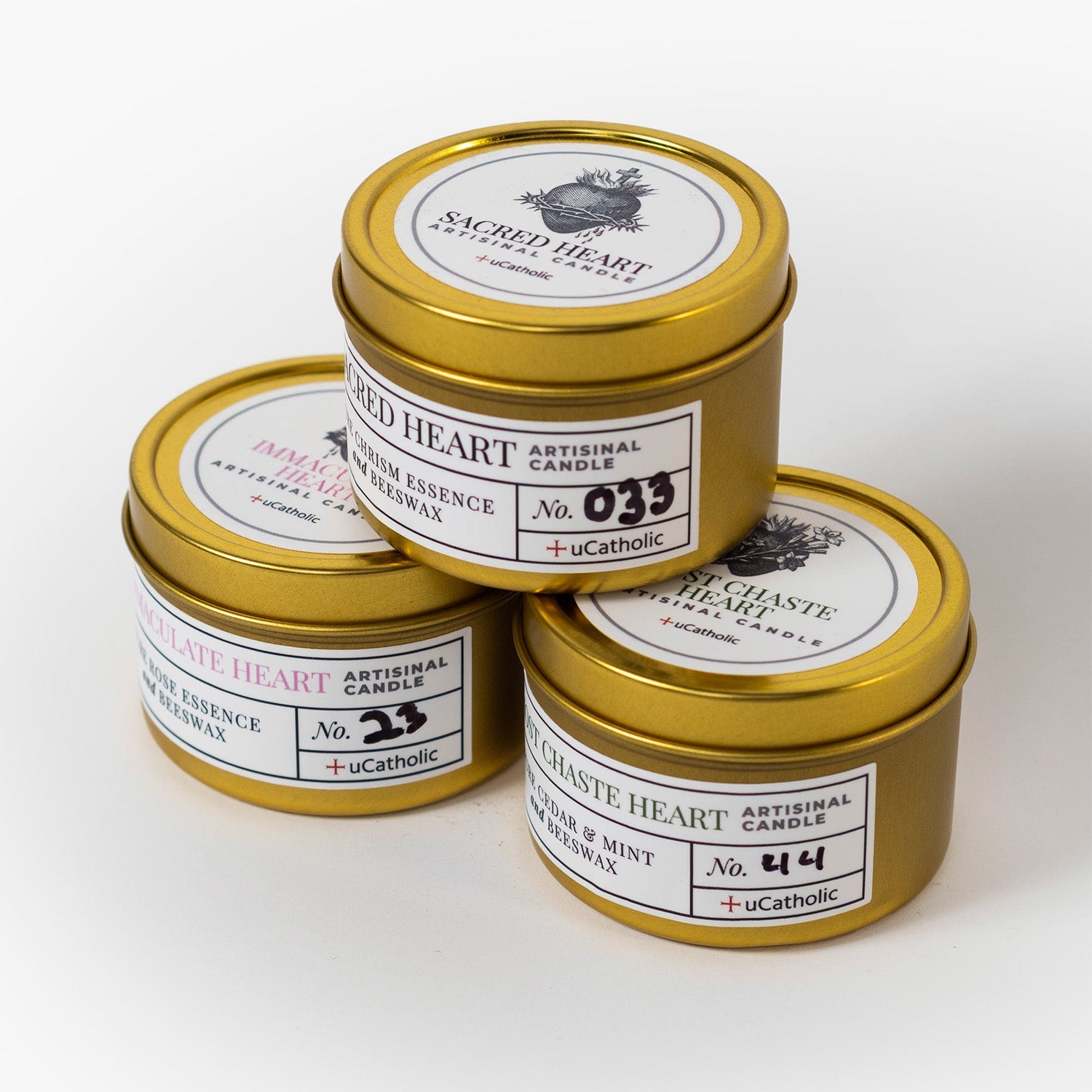What does the Bible say about spiritual warfare?
In his letter to the Ephesians, the apostle Paul urges his fellow Christians to put on the armor of God, “so that you may be able to stand firm against the tactics of the devil. For our struggle is not with flesh and blood” (Eph. 6:11-12).
In order to hold your ground in a spiritual battle, you need spiritual weapons. But the weapons Paul calls the armor of God—such as righteousness, peace, faith, and truth—have no physical nature. So why does the Catholic Church teach that certain physical items can be used as weapons against the powers of darkness?
Connecting spiritual effects to physical items may seem superstitious, but this is actually a biblical belief steeped in ancient tradition! The Church calls them sacramentals.

What is a Sacramental?
Sacramentals are sacred signs which, according to the Catechism, “signify effects, particularly of a spiritual nature, which are obtained through the intercession of the Church. By them, men are disposed to receive the chief effect of the sacraments, and various occasions in life are rendered holy.”
The difference between a sacramental and a superstition lies in the attitude of the user. Sacramentals are not magical tokens or amulets. They do not impart any grace by their own merit, nor is their physical form a guarantee of immunity from the consequences of sin.
Avoid a sense of entitlement in using sacramentals. We are not entitled to extra grace because we wear the scapular or pray the Rosary, just as Christ’s death on the cross does not suggest we take salvation for granted.
Grace is a gift, and God uses these blessed items to shower us with his blessings. There is no “get-out-of-hell-free” card. Approach sacramentals with humility and gratitude for the goodness of God and the intercession of your Church family.
We are both physical and spiritual creatures. Sacramentals give us the opportunity to physically cling to our faith—to grasp the cross in our hands or wrap ourselves in Mary’s mantle. Praise God for this precious gift!

Did Jesus use sacramentals?
He did! In fact, there are enough examples of this to be a whole Bible study.
Although the word “sacramental” never appears in the Bible verbatim, Jesus often used physical matter in the impartation of grace and healing. For example, in John 9:6-12, Jesus spit on the ground, made some mud with the saliva, and put it on the eyes of a blind man. He instructed the afflicted man to wash in the Pool of Siloam, revealing healed eyes.
Another example of a physical object working as a conduit for blessings happens in the Gospel of Luke (8:44-46). In this story, we see a woman touch the edge of Christ’s cloak. Immediately, her bleeding stopped! She was not healed by the merits of the cloak, but rather its connection to Jesus Christ.
The apostles used sacramentals as well! When handkerchiefs and aprons that had touched the skin of Paul were touched to the sick in Acts 19:11-12, diseases were healed and evil spirits were released.
Sacramental use is also peppered throughout the Old Testament. In Exodus, the Lord instructed the Israelites to paint their doorposts with the blood of a lamb. This symbol marked them as God’s people, allowing the angel of death to pass over their home. Ezekiel (9:4-6) describes a similar “passing over” of destruction for those physically marked on their foreheads.
The bronze serpent (Numbers 21:8-9) is another classic example of this phenomenon: “The LORD said to Moses, ‘Make a snake and put it up on a pole; anyone who is bitten can look at it and live.’ So Moses made a bronze snake and put it up on a pole. Then when anyone was bitten by a snake and looked at the bronze snake, he lived.”
The Catholic Church teaches that God works through modern sacramentals just as he did in biblical times. So what sacramentals are in use today?

Our Lady’s Armory: the Rosary and the Brown Scapular
The narrow road to Heaven was never meant to be easy. As Our Lady of Lourdes told Bernadette, “I do not promise you happiness in this world, but in the next.” But we do not walk this path alone!
No one walked closer in the footsteps of Jesus than his holy mother. Just as she walked with Christ from the nativity to the cross, our Heavenly Mother accompanies us on our earthly journey.
Like a good mother, the Blessed Virgin Mary personally equips her children for the spiritual battles we must fight on our journey home. The Holy Rosary and the brown scapular are some of the primary sacramentals in her spiritual armory.

The Holy Rosary is Your Sword
Praying the Rosary engages our imagination as we contemplate the mystery of salvation. Meanwhile, our lips repeat the two names the devil fears the most: Jesus and Mary!
From the Middle Ages until today, battles have been won, disasters have been averted, and countless souls have been touched by the grace of God through praying the Rosary. Don’t go into battle with the devil without this spiritual weapon! Get a rosary that won’t wear out with daily use. Check out our collection of durable rosaries made to last a lifetime of devotion.

The Brown Scapular is Your Shield
The brown scapular is an outward sign of your interior devotion to Mary. This sacramental marks you as her child—a soul blessed with the special protection of the Queen of Heaven—and confers extra graces as you strive to live a holy life.
Our Lady promised that no one who dies clothed with the brown scapular will suffer the eternal flames. Are you ready for battle? Shop the softest, strongest scapulars ever made!

Made to Last a Lifetime
We know our Heavenly Queen will never fail us, but physical items are not immune to wear and tear. That’s why we founded Scapulars.com: to handcraft quality sacramentals as strong and beautiful as your devotion to Mary.
Don’t battle the devil alone! Equip yourself with the most powerful weapons for spiritual warfare: the Holy Rosary and the brown scapular. Shop our full collection of premium sacramentals!
Read More: Everything You Need to Know about the Promises of the Brown Scapular, The Biblical Roots of Our Lady of Mount Carmel
"The Rosary and the Scapular are inseparable!"
- Sr. Lucia of Fatima
Steve Kerekes
Founder of Scapulars.com
Sources: Ascension Press Media, EWTN, Simply Catholic



